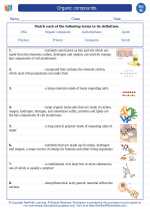Historical Volcanic Events
Volcanic events have had a significant impact on Earth's history, shaping the landscape and influencing the environment. Studying historical volcanic events can help us understand the Earth's geological processes and the potential impact of future volcanic activity.
Types of Volcanic Events
Volcanic events can range from minor eruptions to catastrophic explosions. Some of the major types of volcanic events include:
- Effusive Eruptions: These are relatively gentle eruptions where lava flows steadily from the volcano.
- Explosive Eruptions: These are violent eruptions that can release a large amount of volcanic ash, gases, and debris into the atmosphere.
- Pyroclastic Flows: These fast-moving currents of hot gas and volcanic matter can be extremely destructive.
- Lahars: These are volcanic mudflows that can occur when volcanic debris mixes with water, often triggered by heavy rainfall or melting snow.
Impact of Historical Volcanic Events
Historical volcanic events have left a lasting impact on Earth's geology, climate, and even human history. Some key impacts include:
- Formation of Landforms: Volcanic eruptions have contributed to the formation of mountains, islands, and other geological features.
- Climate Effects: Volcanic ash and gases can influence the Earth's climate by blocking sunlight and affecting atmospheric temperatures.
- Mass Extinctions: Some historical volcanic events have been linked to mass extinctions, such as the Permian-Triassic extinction event.
- Cultural and Historical Impact: Volcanic eruptions have influenced human societies and cultures throughout history, sometimes leading to the abandonment of settlements or the creation of new land.
Studying Historical Volcanic Events
Studying historical volcanic events involves examining geological records, analyzing volcanic deposits, and understanding the cultural and historical context of these events. Some key areas of study include:
- Geological Records: Analyzing volcanic rocks, ash layers, and lava flows can provide insights into past eruptions and their impacts.
- Climate Modeling: Scientists use climate models to understand the global impact of major volcanic events on the Earth's climate.
- Archaeological and Historical Records: Examining historical accounts and archaeological evidence can help researchers understand the human experience of volcanic events.
Study Guide
Here are some key points to consider when studying historical volcanic events:
- What are the major types of volcanic events, and how do they differ in terms of their impact?
- How have historical volcanic events influenced the formation of Earth's landforms?
- What are some of the key ways in which volcanic activity can impact the Earth's climate?
- What evidence can be used to study historical volcanic events, and what insights can be gained from this evidence?
- How have historical volcanic events shaped human history and culture?
By studying historical volcanic events, we can gain a deeper understanding of Earth's dynamic geology and the potential impact of future volcanic activity.
.◂Science Worksheets and Study Guides Eighth Grade. Organic compounds
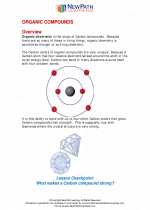
 Worksheet/Answer key
Worksheet/Answer key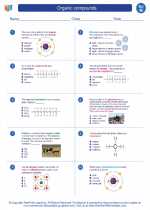
 Worksheet/Answer key
Worksheet/Answer key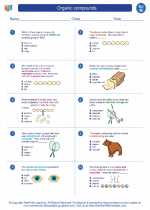
 Worksheet/Answer key
Worksheet/Answer key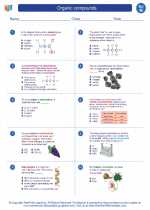
 Vocabulary/Answer key
Vocabulary/Answer key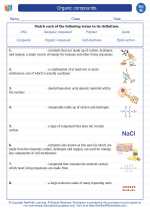
 Vocabulary/Answer key
Vocabulary/Answer key